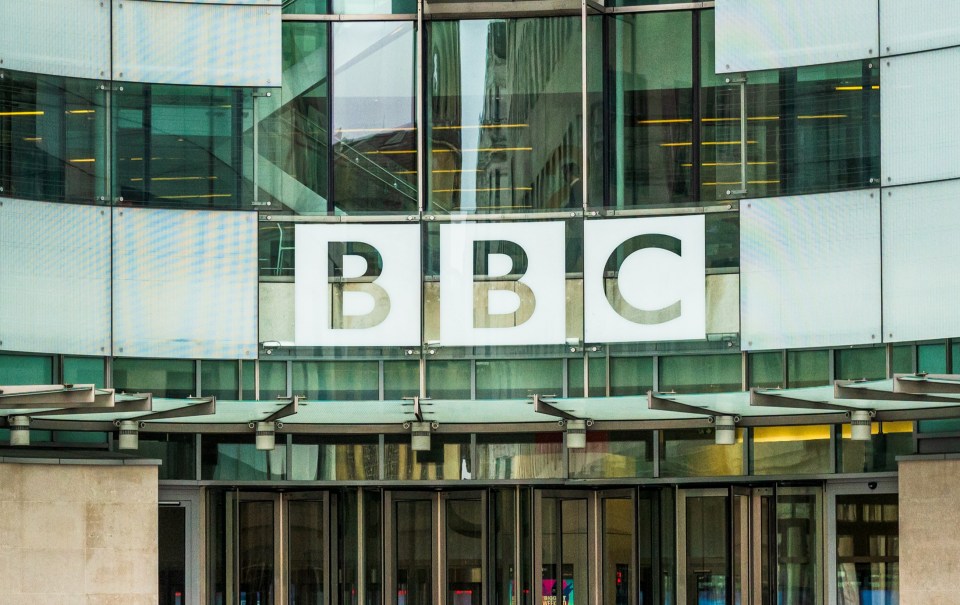THERE are two ways Brits can legally avoid paying their £174 TV license each year.
The Department for Work and Pensions (DWP) has outlined how pensioners can achieve this without being summoned to court.
The first way is for pensioners over the age of 75, who can apply for Pension Credit if they have an income that is less than approximately £227 per week.
Those who reached pension age prior to 2016, and are thereby on the old state pensions, will only receive £176 per week at most.
This is even with a full National Insurance record.
They are subsequently able to claim Pension Credit, if they have no other income such as a second property, private pension or significant savings interest.
Those eligible and able to successfully claim the Pension Credit will also have their £300 Winter Fuel Payment reinstated, in addition to the free TV license.
There are other benefits too such as free NHS dental care and check ups, free sight tests, cold weather payments and winter fuel payments.
And it is thought that around 880,000 low-income pensioner households in the UK are not claiming Pension Credit.
It is a credit that is said to be worth an average of £3,900 per year.
More pensions did apply for Pension Credit this year, after the government said it would only continue to provide the winter fuel payment to those receiving certain benefits.
And not everyone receiving Pension Credit will be eligible for the free TV license, as you also need to be over 75.
The second way to pay £0 for a TV license is for people of any age.
This is because it is actually possible to have a TV legally without having to pay a TV license for anyone who doesn’t watch the specific content that requires it.
This includes BBC content (either live or on iPlayer), live content from ITV, Channel 4, Channel 5 and other similar catch-up services.
For instance, having a television that only uses TV apps, and is not hooked up or tuned in to an external aerial, does not require payment of a TV license.
Essentially, if you do not watch television at the same time it is being broadcast, and do not tune in to the BBC, then it is entirely legal.
Additionally, catching up on shows such as through ITVX online after it has been aired is fine.
Around 300,000 households are estimated to have stopped paying their license fee.
It comes after a report revealed 23.8m licences were in force at the end of the year, which is down from 24.1m in 2023-24.
The drop has meant a loss of about £50m in revenue for the BBC.
And in April, the government brought an increase of £5 to the fee, making it increase from £169.90 per year to £174.50.
So to qualify for the Pension Credit, you must live in England, Scotland or Wales and have reached State Pension age.
How to watch TV legally without paying for a licence
YOU can legally use the following services without a TV Licence as long as you aren’t using them to watch or stream live TV:
- On demand TV – such as catch-up TV and on demand previews, which are available through services including ITV Player, All 4, My5, BT Vision/BT TV, Virgin Media, Sky Go, Now TV, Apple TV, Chromecast, Roku and Amazon Fire TV. You can’t watch or download programmes on BBC iPlayer without a TV licence.
- On demand movies – from services such as Sky, Virgin Media, BT Vision, Netflix and Amazon Instant Video.
- Recorded films and programmes – either via DVD or Blu-ray, or downloaded from the internet.
- YouTube – Video clips that aren’t live through services such as YouTube.














